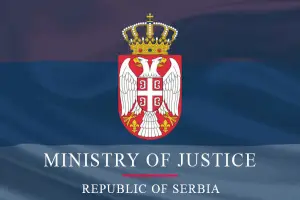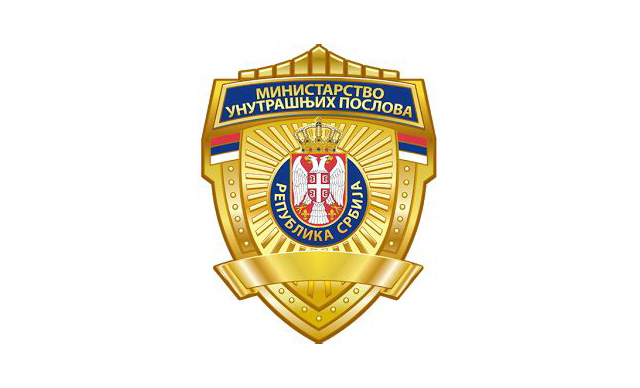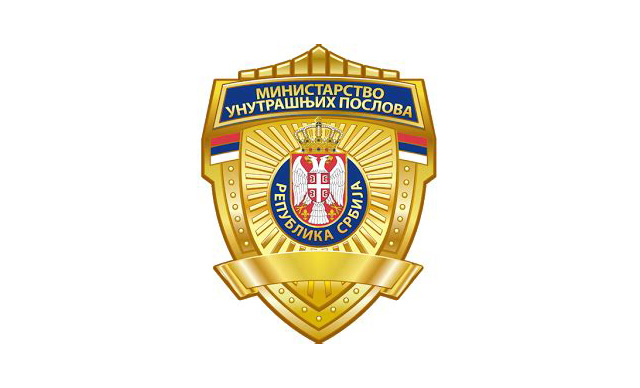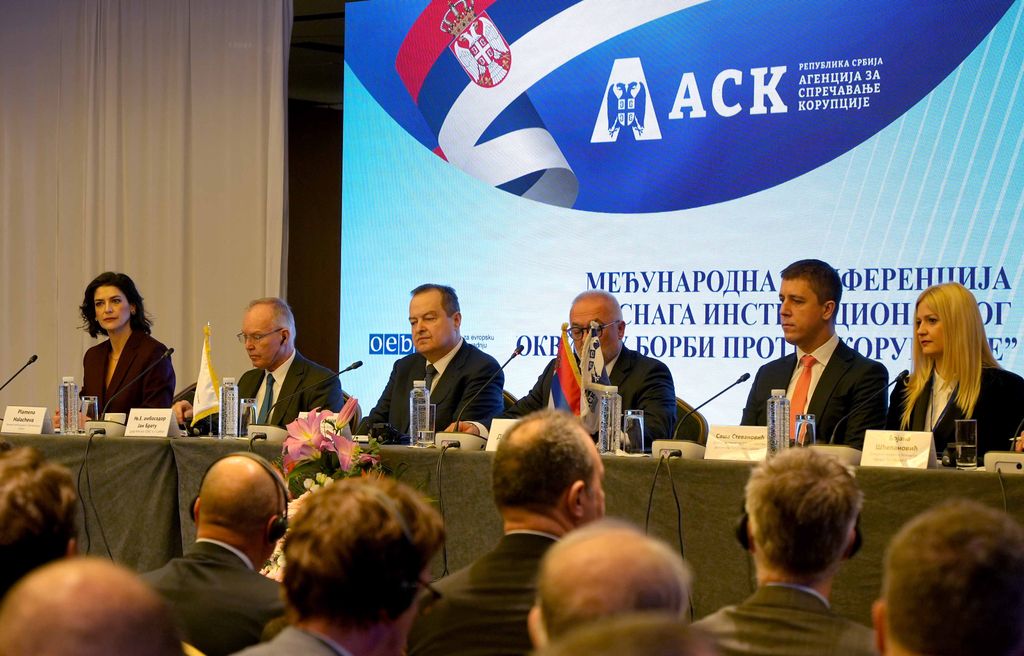- Serbia
Get to know Serbia
- Citizens
Culture and science
Health services
Pension and disability insurance
- Business
Employment
Economy
- Media
- Government
- Contact
Keep in touch
Contact form
Back
Keepin touch
Whether you have a question, comment, suggestion or any problem in the purview of the government, send us your message and we will try to respond as soon as possible. If your problem is not in our purview, we will forward your message to the relevant institution.
Q:
A:
Anti-Corruption Agency Board formed
Belgrade,
16 April 2009
Yesterday in the Serbian parliament the Anti-Corruption Agency held a constitutive session to appoint its Board, formed in line with the Law on the Anti-Corruption Agency.
Serbian parliament speaker Slavica Djukic-Dejanovic addressed the Board and recalled that the Law on the Anti-Corruption Agency was adopted in October, adding that the agency will not only strive to implement laws but the Anti-Corruption Strategy as well.
Unfortunately, we have to admit that there is corruption in many segments of society, and the fact is that there can be no democracy, human rights, stability and economic development without a resolute fight against corruption, said Dejanovic.
She said that the Agency, as an independent body, will considerably help institutions to function properly and in line with their authorisations.
On behalf of the government, State Secretary of Justice Slobodan Homen greeted the Board members and wished them success, adding that the Agency will not have mercy for anyone when it comes to corruption.
Homen said that regulation of the finances of political parties will be among the Agency’s key priorities.
Board member Zoran Stojiljkovic told the press that this body will establish how certain property deals were financed, examine conflicts of interest and most importantly the corrupt financing within the political system.
It will be allowed to sanction party budgets and the legitimacy of their financing, said Stojiljkovic adding that the Agency has the right to publicly announce the names of individuals or parties who break “the rules of the game”.
Stojiljkovic recalled that the Agency will begin fully authorised work on January 1, 2010. The period up until then will be used to constitute all organs and establish agendas.
According to law, the Board will have nine members.
Board member professor Cedomir Cupic said that the proposals were submitted by parliamentary administrative committees, the Supreme Court, the Social Economic Council and auditing institutions, adding that the President is also to propose a new candidate.
On October 23 last year the Serbian parliament adopted the Law on the Anti-Corruption Agency, whose implementation will begin on January 1, 2010.
The Agency’s key tasks will be conflicts of interest, control over the finances of political parties and international cooperation in the fight against corruption.
Unfortunately, we have to admit that there is corruption in many segments of society, and the fact is that there can be no democracy, human rights, stability and economic development without a resolute fight against corruption, said Dejanovic.
She said that the Agency, as an independent body, will considerably help institutions to function properly and in line with their authorisations.
On behalf of the government, State Secretary of Justice Slobodan Homen greeted the Board members and wished them success, adding that the Agency will not have mercy for anyone when it comes to corruption.
Homen said that regulation of the finances of political parties will be among the Agency’s key priorities.
Board member Zoran Stojiljkovic told the press that this body will establish how certain property deals were financed, examine conflicts of interest and most importantly the corrupt financing within the political system.
It will be allowed to sanction party budgets and the legitimacy of their financing, said Stojiljkovic adding that the Agency has the right to publicly announce the names of individuals or parties who break “the rules of the game”.
Stojiljkovic recalled that the Agency will begin fully authorised work on January 1, 2010. The period up until then will be used to constitute all organs and establish agendas.
According to law, the Board will have nine members.
Board member professor Cedomir Cupic said that the proposals were submitted by parliamentary administrative committees, the Supreme Court, the Social Economic Council and auditing institutions, adding that the President is also to propose a new candidate.
On October 23 last year the Serbian parliament adopted the Law on the Anti-Corruption Agency, whose implementation will begin on January 1, 2010.
The Agency’s key tasks will be conflicts of interest, control over the finances of political parties and international cooperation in the fight against corruption.
-
 Belgrade, 5 January 2026
Belgrade, 5 January 2026Further measures to implement GRECO recommendations
-
 Belgrade, 30 June 2025
Belgrade, 30 June 2025Criminal charges filed against 657 people for corruption since beginning of year
-
 Belgrade, 3 June 2025
Belgrade, 3 June 2025State determined to systematically suppress corruption, white-collar crime
-
 Belgrade, 3 March 2025
Belgrade, 3 March 2025153 individuals arrested in anti-corruption operations in February
-
 Belgrade, 15 February 2025
Belgrade, 15 February 202518 individuals arrested in continued fight against corruption
-
 Belgrade, 14 February 2025
Belgrade, 14 February 202513 individuals arrested for fraud, abuse of position of responsible person
-
 Belgrade, 10 December 2024
Belgrade, 10 December 2024Coordinated work of all state bodies in fight against corruption
-
 Belgrade, 18 March 2016
Belgrade, 18 March 2016State determined in fight against corruption
-
 Belgrade, 25 January 2016
Belgrade, 25 January 2016Coordination of activities in combating corruption
-
 Belgrade, 29 November 2015
Belgrade, 29 November 2015Uncompromising fight against corruption, crime
